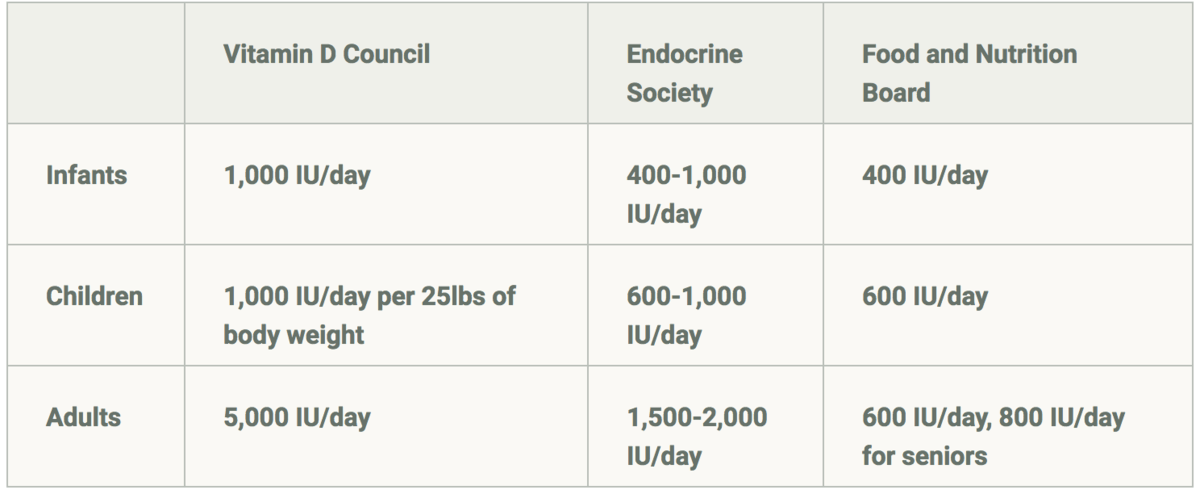

Vitamin D increases how much calcium is absorbed by the gut. Ideally, you want to maintain your vitamin D levels between 30 to 50 ng/mL. I rarely see a patient’s levels go above 50 ng/mL, and I’ve been in private practice for more than 10 years. Though there doesn’t appear to be any toxicity associated with recommended levels of vitamin D supplementation, there are concerns when blood levels of 25-hydroxy vitamin D go above 50 ng/mL. What Happens if I take too much Vitamin D? Have a condition that impairs vitamin D absorption from your gut (like inflammatory bowel disease or celiac disease)Ĭhanges in diets, increased use of sun protection, and higher rates of obesity have accounted for more cases of vitamin D deficiency in adults today.Take medications that affect how quickly you process vitamin D (such as phenytoin or orlistat).Have you obese or have undergone gastric bypass surgery.Are older (the ability to make vitamin D decreases with age).You might be at risk for vitamin D deficiency if you: To start, some people are more likely than others to have trouble getting enough vitamin D. However, there is limited scientific data to suggest that supplementation beyond daily recommended amounts is required or helpful. Vitamin D deficiency may increase your risk of heart disease and certain cancers, too. In theory, that can increase the risk of falls, although the evidence is mixed. In many clinical trials, vitamin D supplementation to achieve 25-hydroxy vitamin D levels of 28 to 40 ng/mL lowered fracture risk.Īlso, without vitamin D, you may experience muscle weakness. That’s why young children who don’t get enough vitamin D can develop rickets, and older adults can experience osteoporosis and fractures. Vitamin D is a hormone we need to absorb calcium and phosphorus from our diets, and calcium and phosphorus are minerals critical to bone health. The best way to get vitamin D is through sunlight, but you can also get it through your diet or vitamin D supplements. Some people are at high risk for vitamin D deficiency, which may increase their risk of falls, fractures, and heart disease. The recommended daily allowance of vitamin D for adults up to age 70 is 600 international units (IUs). Is It Better to Take Vitamin D Every Day or Once a Week?ĭaily vitamin D was more effective than weekly, and monthly administration was the least effective. But today’s question is is it better to take vitamin d every day or once a week? Here we are going to discuss this topic. That means you could equally safely take a supplement of 20 micrograms a day or 500 micrograms once a month. But vitamin D is a ‘fat-soluble’ vitamin, so your body can store it for months and you don’t need it every day. Adults shouldn’t take more than the equivalent of 100 micrograms a day.


 0 kommentar(er)
0 kommentar(er)
